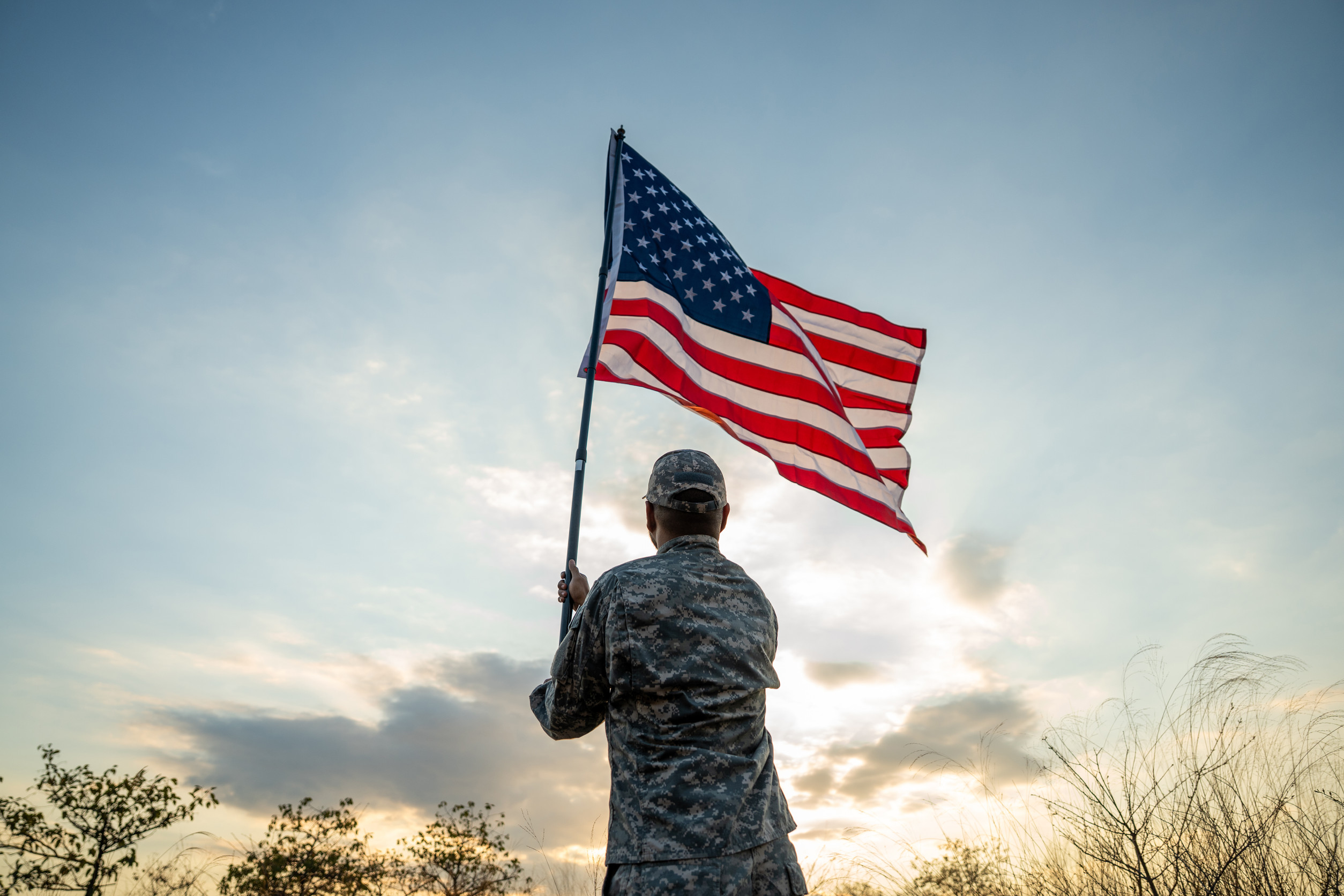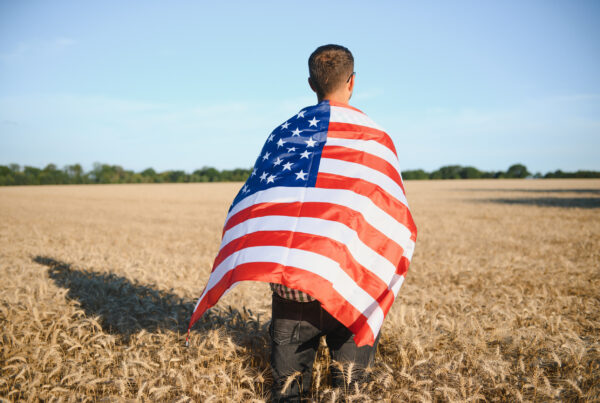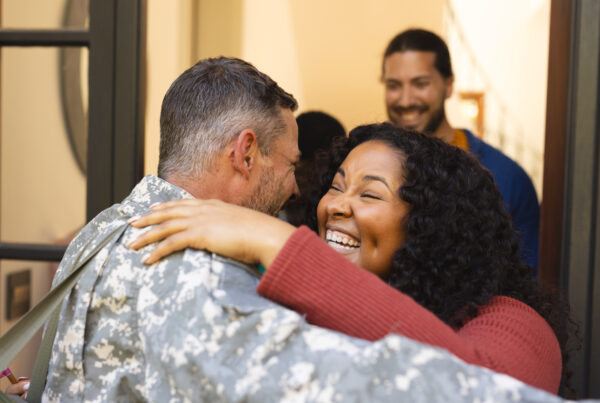”Question: How can I better connect with Veterans and make sure that they are appreciated?
Reading time: 5 Minutes
MWi Hack:
- Connecting with aging Korean War Veterans through active community engagement, volunteer support, and genuine interest in their stories honors their service in “The Forgotten War” while preserving irreplaceable historical knowledge and strengthening intergenerational bonds that enrich entire communities.
MWi Summary:
- Connect personally – Visit, volunteer, and engage with Korean War Veterans in your community through genuine conversations about their service experiences
- Provide practical support – Offer transportation to medical appointments, help with technology, companionship during holidays, and assistance with daily needs
- Preserve their stories – Participate in oral history projects and encourage Veterans to share their experiences from the Korean conflict (1950-1953)
- Honor their unique service – Recognize Korean War Veterans as participants in America’s first integrated military conflict and “The Forgotten War” that ended with the July 27, 1953 armistice
- Build community bonds – Foster intergenerational relationships that benefit both Veterans and younger community members while preserving historical knowledge for future generations
In community centers, VFW halls, and neighborhood coffee shops across America, an irreplaceable generation is quietly slipping away. Korean War Veterans, now in their late eighties and nineties, carry stories of service from “The Forgotten War” that ended with the armistice signed on July 27, 1953. As we observe Korean Veterans Armistice Day each year, we’re reminded that these Veterans represent more than historical figures—they are living bridges to a pivotal moment in American military history that shaped the modern world.
The Korean Veterans Armistice Day commemorates the end of active hostilities in a conflict that claimed 36,574 American lives and wounded over 103,000 others. Unlike other wars with clear victories or defeats, the Korean conflict ended in an uneasy truce that technically continues today. For the men and women who served between 1950 and 1953, this observance acknowledges their sacrifices in America’s first integrated military conflict, where they fought in brutal conditions while witnessing significant social changes within the armed forces.
Today’s Korean War Veterans face a unique challenge: they served in a conflict often overshadowed by World War II’s heroic narrative and Vietnam’s controversial legacy. Many returned home to a public eager to move beyond war, receiving little fanfare or recognition. Decades later, these Veterans—now our oldest living service members—deserve our active engagement and support as they navigate the challenges of advanced age.
Connecting with older Veterans requires intentional effort and genuine interest in their experiences. These conversations offer profound opportunities for mutual enrichment. For younger community members, engaging with Korean War Veterans provides firsthand insights into military service, historical events, and the resilience required to serve during uncertain times. For Veterans, sharing their stories with interested listeners can provide validation, purpose, and the satisfaction of passing on important lessons to future generations.
Active support for aging Veterans extends far beyond annual observances. Many Korean War Veterans face isolation as friends and fellow service members pass away, leaving them as lone bearers of shared memories. Simple acts like visiting local Veterans’ facilities, volunteering with veteran organizations, or participating in oral history projects can provide meaningful connections. Transportation assistance for medical appointments, help with technology to connect with family, or companionship during holidays can significantly impact their quality of life.
Supporting Korean War Veterans preserves irreplaceable firsthand knowledge about a conflict that established America’s Cold War military posture and demonstrated the complexities of limited warfare that would define subsequent conflicts.
Supporting older Veterans also strengthens entire communities by fostering intergenerational connections and preserving historical memory. When younger people engage with Korean War Veterans, they learn about service, sacrifice, and perseverance while providing Veterans with renewed purpose and recognition. These relationships challenge age segregation in communities and create networks of mutual support that benefit everyone involved.
Korean Veterans Armistice Day serves as an annual reminder of our ongoing obligations to those who served decades ago. But true support requires year-round commitment to ensuring these Veterans feel valued, remembered, and connected to their communities. By actively engaging with our aging Korean War Veterans, we honor their service while enriching our own understanding of history, service, and the enduring bonds that connect generations of Americans who have answered their country’s call.
Through our responsive content and dedicated support, MWi continues to serve the modern military and Veteran community by providing relevant, practical strategies for enhancing connection and wellness.






